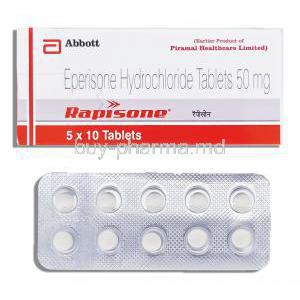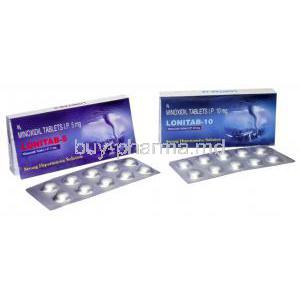Lisinopril
Uses
Lisinopril is used in the treatment of hypertension, heart failure, heart attack and diabetic kidney disease.
How it Works
Lisinopril is known as a angiotensin-converting enzyme inhibitor, or ACE inhibitor. Lisinopril works by inhibiting ACE, which means it blocks or inhibits a chemical called angiotensin-converting enzyme, which in turn blocks the production of angiotensin II, angiotensin functions in tightening the blood vessels. Lisinopril thus works to widen the blood vessels and helps to reduce the amount of water put back into your blood by the kidneys.
Common Side effects
Patients who take Lisinopril may suffer from such side effects;
Coughing,
Headache,
Cold symptoms,
A decline in sexual function,
Vertigo and a drowsy feeling
Decreased blood pressure,
Cough,
Increased potassium level in blood,
Fatigue,
Weakness,
Dizziness,
Renal impairment
Hydrochlorothiazide
Uses
Hydrochlorothiazide is used in the treatment of high blood pressure or hypertension, congestive heart failure,fluid retention (edema), cirrhosis of the liver, corticosteroid and estrogen therapy, and kidney disorders.
How it Works
Hydrochlorothiazide contains a form of thiazide, which is a diuretic that prompts your body to produce and eliminate more urine, which helps lower blood pressure.Hydrochlorothiazide lowers the blood pressure and swelling by removing extra water and electrolytes from the body.
Common Side effects
Patients who take Hydrochlorothiazide may suffer from such side effects;
Headache,
Nausea,
Increased blood uric acid,
Decreased potassium level in blood,
Glucose intolerance,
Anemia,
Blood disorders,
Changes in blood sugar,
Constipation,
Difficulty breathing,
Dizziness,
Fever,
Altered blood lipids

















